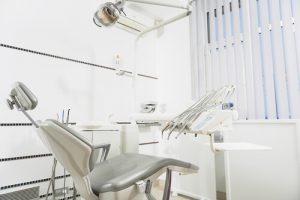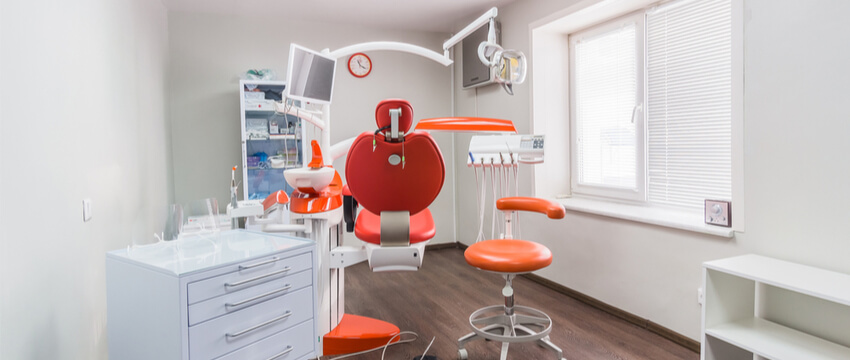Are you having a problem choosing the right dental air compressor for your dental clinic? Do you need help in deciding which is ideal? And do you have an idea of how to use an air compressor and what it is for in the first place? There are so many questions about choosing this staple dental equipment from new practice owners, so we are here to help. Here are common FAQs Cattani Compressor is getting about dental air compressors, like why it’s important to have one, how to use an air compressor, and many more.
4 Common FAQs About Dental Air Compressors
What is a dental air compressor?
A dental air compressor is one of the most important pieces of equipment a dental office must have. This machine can compress, clean, dry, and store air that powers your dental handpieces and performs certain functions of dental treatment centres and handpiece cleaners.
How does a dental air compressor work?
 The whole process of compressing, cleaning, and storing air depends on what type your dental air compressor is. A Cattani Compressor, for example, has an inline filtration system that is used to filter the air that they take in. That characteristic is an integral part of the dental air compressor and what sets it apart from other air compressors.
The whole process of compressing, cleaning, and storing air depends on what type your dental air compressor is. A Cattani Compressor, for example, has an inline filtration system that is used to filter the air that they take in. That characteristic is an integral part of the dental air compressor and what sets it apart from other air compressors.
How to use an air compressor? The way an air compressor filters and compresses air has several steps. First, when you turn your compressor on, the air is brought into the air chamber. Next, the filtration process lowers the dew point and removes impurities, leaving the dentist with clean, dry air. Lastly, this dry air is compressed, stored, and kept ready for future use.
What is the difference between an oil-lubricated and oil-free air compressor?
You may have heard from air compressor distributors and manufacturers that most dentists and hygienists nowadays choose oil-free compressors. Why?
Oil-lubricated air compressors use oil to lubricate the motor, making this the quieter choice and ideal for long-lasting use. The problem with this type is that although there is a filter valve that separates the oil from the air, oil vapor still manages to seep through and mix with the compressed air that dentists use for their dental handpieces. This creates hygiene and health safety problems as poor air quality can affect the safety and comfort of the patient.
Oil-free compressors address this problem head-on. An oil-free compressor has a lower risk of contaminating the compressed air with oil or lubricant. They also tend to be lighter which allows them to be placed in a wider range of areas, while still creating as much airflow and pressure as many oil-lubricated models. The only concern that dentists complain about it is it’s a bit noisier than the oil-lubricated type, but you can avail of filter silencers to manage the noise.
How should you choose the best air compressor?
 We, at Cattani Compressors, aim to provide you with the best products and pieces of equipment to aid your dental practice. If you ask us, the best air compressor should address your needs in your practice. With that said, determine the size of your office (how many chairs do you operate?), and your procedures (What dental procedures and specialty would you offer?). Once you answer these questions, you will be more than ready to choose which air compressor can serve your dental clinic better.
We, at Cattani Compressors, aim to provide you with the best products and pieces of equipment to aid your dental practice. If you ask us, the best air compressor should address your needs in your practice. With that said, determine the size of your office (how many chairs do you operate?), and your procedures (What dental procedures and specialty would you offer?). Once you answer these questions, you will be more than ready to choose which air compressor can serve your dental clinic better.
Want to learn more about ideal dental compressors? Visit Cattani Compressors or contact us today so we can introduce Cattani Compressors and all the benefits you can have when you get one! Call us not on (02) 8880 9257.



